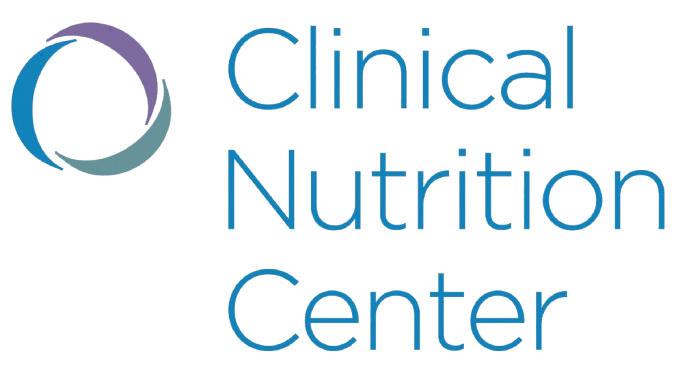COVID-19
2020 has been a year with many challenges. Obviously one of the biggest is the emergence of COVID-19. This novel coronavirus caught the world off-guard, and we have been learning more and more about where it came from, how it is spread, risk factors for a poor outcome, and more since America abruptly shut down in March, 2020.
Risk Factors for Severe Illness
The CDC reports* that people with certain medical conditions are at increased risk for severe illness should they contract COVID-19. People of any age with the following illness are at increased risk:
- Cancer
- Chronic kidney disease
- COPD
- Immunocompromised state from organ transplant
- Obesity (BMI of 30 or higher)
- Serious heart conditions such as heart failure, coronary artery disease, or cardiomyopathies
- Sickle Cell disease
- Type 2 diabetes mellitus
Further, they state that people with the following conditions MIGHT be at increased risk:
- Asthma (moderate-to-severe)
- Cerebrovascular disease (affects blood vessels and blood supply to the brain)
- Cystic fibrosis
- Hypertension or high blood pressure
- Immunocompromised state (weakened immune system) from blood or bone marrow transplant, immune deficiencies, HIV, use of corticosteroids, or use of other immune weakening medicines
- Neurologic conditions, such as dementia
- Liver disease
- Pregnancy
- Pulmonary fibrosis (having damaged or scarred lung tissues)
- Smoking
- Thalassemia (a type of blood disorder)
- Type 1 diabetes mellitus
What can we do to lower our risk?
First and foremost, the best way to lower our risk is to not get the virus! Avoid unnecessary outings. Avoid large groups. Practice physical distancing. Wear a good, properly fitting mask over the mouth AND nose, and require the same from those around you.
We have taken all required steps to keep CNC safe. We are offering in-person visits, but also offer visits by phone or telehealth. Click here for more information on telehealth visits.
In the mean time, get all of your medical conditions under the best control possible – work with your healthcare team to optimize all of your treatments. And, if you have an elevated BMI of 30 or more, talk to a weight loss physician about the best steps to take to get your body mass index into a healthier range!
*https://www.cdc.gov/coronavirus/2019-ncov/need-extra-precautions/people-with-medical-conditions.html, accessed September 23rd, 2020.

